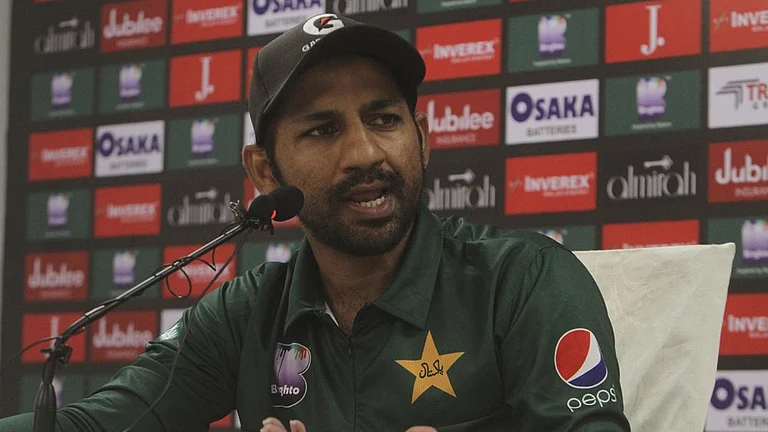Aiyer landed in booming Beijing to teach English to young and aspiring Chinese at the Beijing Broadcasting Institute. She learnt the language; learnt to eat "real" Chinese food—frog’s legs and all—chose to live in a traditional Beijing neighbourhood, a hutong; refused to run away when the fear of SARS gripped China, and travelled all over by various means. Living with a Spanish partner who’s a diplomat opened doors to a globalised new Beijing throbbing with activity. Living among the locals in a hutong opened windows into an old and dying Beijing. This dual exposure enables Aiyer to offer us a panoramic view of contemporary China.
We read about the aspirations and dreams of young Chinese. Of their political naivete and sexual promiscuity. Their deep patriotism and their growing materialism. We learn about how the young relate to the elderly and the new class of entrepreneurs relate to political leaders and government officials. Aiyer’s hilarious narration of how Indian wannabes relate to the Chinese and how the Chinese view India makes us laugh, at first, and then ponder.
India and China are two ancient civilisations that have grown next to each other without in any way cramping each other’s style. India influenced China, essentially through the spread of Buddhism, and China has influenced India, essentially through trade and cultural influences. But neither nation understands the other. Arising out of that ignorance is a relationship that swings between unabashed love (Hindi-Chini bhai bhai) and deep suspicion.
The Indian media has done little to bridge this knowledge gap. Aiyer is one of three Indian journalists stationed in Beijing. There are a few stringers in other places. But no media organisation has a budget of any significance to fund a proper news bureau in China. Indian academia has fared as badly.
Into this knowledge vacuum has rushed in a mass of comparative literature defined by what I would call a "neo-Orientalist" perspective. The Orientalists of the West saw the East as quaint and mysterious. One would have thought that the highly differentiated experience of Asian nations over the past 50 years, notwithstanding some premature claims about ‘Asian values’, would have buried this perspective. Alas, not.
Partly unnerved by the simultaneous rise of China and India, partly excited by the prospect of such a rise, partly unable to explain the post-war rise of Asia, all manner of half-wits have constructed neo-Orientalist perspectives on the two Asian giants. The spurious concept of "Chindia" and India-China comparisons are byproducts of lazy scholarship.
China and India are two distinct, great civilisations and rising powers. Two distinct models of post-colonial development. Two distinct forms of social and political organisation. Different every which way. Aiyer shows through experience, anecdote and analysis how different we are from each other. But like all very different neighbours, there’s constant comparison of lifestyles and prospects.
China is without doubt ahead. But does ‘ahead’ mean ‘better’? That’s the most frequently asked question, says Aiyer, and tries to answer it. Her answer is honest, wise and important. If one was economically well-off, India offers more opportunities. If not, China offers more security. China needs more democracy; India needs more inclusive growth.
But, more inclusive growth will make India more socially stable. Will more democracy make China more politically stable? Aiyer does not explore that question, but her description of social and political attitudes of the young should make one sit back and reflect. China’s economic future looks more secure than its political and social one. Aiyer’s book offers new insights into the social, political, cultural and religious anxieties and aspirations of a new generation of Chinese, in an entertaining way. It deserves to be widely read in India and around the world.
I hope Aiyer continues to live and work in China for another five years at least, and that she can continue to write uninhibited and uncensored about life in a still changing society and nation that all Indians must surely know more about.






















